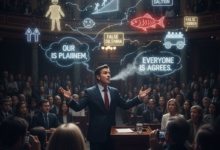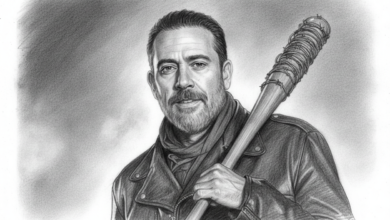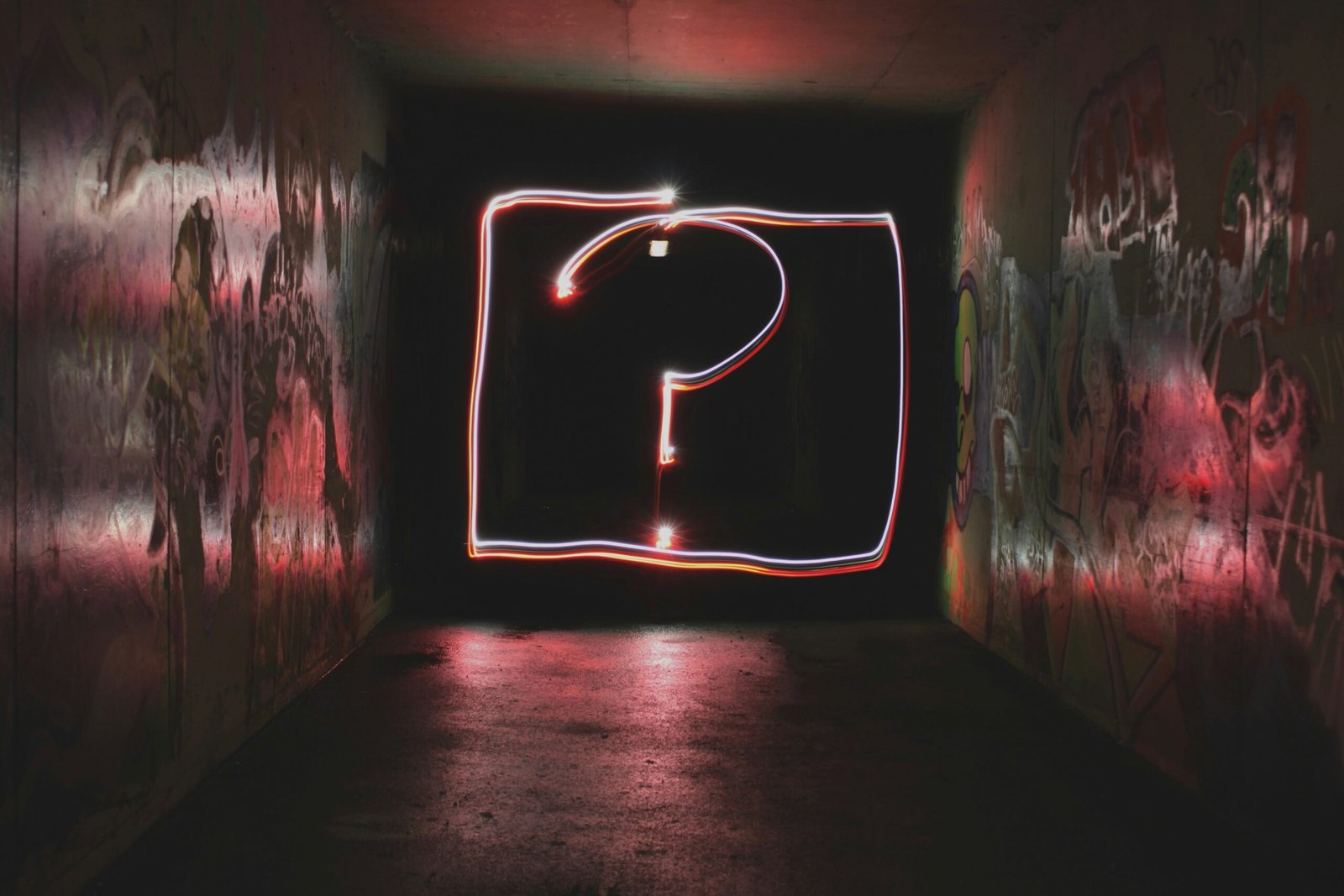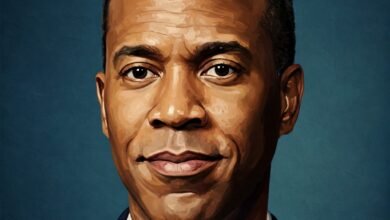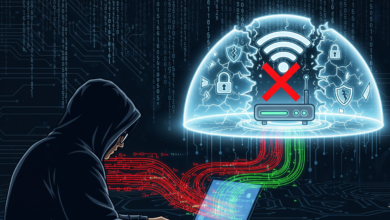Exploring ‘The Sinner’: A Deep Dive Into the Anthology Crime Drama

Overview of ‘The Sinner’
‘The Sinner’ is an anthology crime drama series that premiered on the USA Network in 2017, created by Derek Simonds. What sets this show apart from traditional crime dramas is its unique narrative approach, which unravels the mystery surrounding a crime committed by a seemingly ordinary individual. Each season presents a new storyline, introducing a fresh protagonist who grapples with internal conflict and the ramifications of their actions, thereby transforming the typical investigation format into a compelling psychological journey.
Character Development and Cast Performance
Character development serves as a backbone to the narrative structure of ‘The Sinner,’ allowing viewers to engage deeply with each season’s story. Central to this exploration is Detective Harry Ambrose, portrayed by Bill Pullman. Ambrose is not merely a detective; he embodies the complexities of human nature, grappling with his own demons while seeking to unravel the psychological motives behind the crimes he investigates. Through his character arc, the audience witnesses a profound transformation as he delves into the intricacies of the human psyche, providing a compelling lens through which the series examines ethical ambiguities and unresolved traumas.
Each season introduces new protagonists and antagonists, offering fresh perspectives on the narratives. For instance, in Season 1, the enigmatic character of Cora Tannetti, played by Jessica Biel, serves as a study in suppressed emotions and unprocessed experiences. Biel’s gripping performance captivates the audience, inviting them to understand the complexities of her character’s actions. The layered storytelling illuminates her psychological struggles, inviting viewers to question the nature of guilt and redemption.
Season 2 further enriches this tapestry with the introduction of characters such as Marianne, portrayed by Carrie Coon. Coon brings depth to her role as she navigates familial obligations and personal trauma, contributing significantly to the season’s thematic exploration of morality and societal pressures. The ensemble cast’s performances elevate the gripping narrative, as each actor embodies their character’s emotional landscape with authenticity and nuance.
Through carefully constructed character arcs and powerful performances, ‘The Sinner’ effectively captures the struggles of its characters, inviting critical reflection on the darker sides of human nature. The profound depth of character development and strong cast performances combine to create a series that resonates with viewers, making it a standout in the crime drama genre.
Themes and Narratives
‘The Sinner’ stands as a compelling anthology crime drama that delves deeply into the intricate themes surrounding guilt, morality, and the complexities of the human psyche. Each season presents a unique narrative that challenges viewers to rethink conventional perceptions of criminal behavior. The series masterfully explores how guilt manifests in individuals, often delving into the psychological turmoil that drives characters to commit heinous acts. This portrayal emphasizes that the line between right and wrong is not always clear-cut, challenging the audience’s understanding of morality and justice.
Trauma plays a significant role throughout the narratives of ‘The Sinner.’ The show illustrates how past experiences can haunt individuals, culminating in devastating consequences. Characters often grapple with their traumatic histories, leading to actions that may initially seem inexplicable. By unpacking these layers of trauma, the series compels viewers to empathize with characters who might otherwise be dismissed as mere criminals. This exploration provides a deeper commentary on the human condition, offering insight into how external and internal factors shape behavior.
The anthology format of ‘The Sinner’ enriches its storytelling, as each season introduces new characters and scenarios while maintaining a cohesive thematic undercurrent. This structure allows for varied narrative techniques—ranging from psychological drama to explorations of social issues—that reflect different dimensions of crime. Each season’s unique storyline offers fresh perspectives on themes of justice and redemption, ensuring that audiences remain engaged and thought-provoked. Thus, the series broadens the scope of traditional crime dramas, inviting discussions about the factors that contribute to a person’s descent into criminality.
Cultural Impact and Legacy
“The Sinner” has made a substantial imprint on the landscape of contemporary television, particularly within the crime drama genre. This anthology series, with its unique approach to storytelling centered around the psychological underpinnings of crime, encouraged audiences to engage with complex themes such as morality, mental health, and the nature of violence. By placing its protagonists in morally ambiguous situations, the show challenged viewers to question their understanding of right and wrong, fostering deep discussions about the human psyche and societal norms. This depth of narrative not only captivated audiences but also encouraged a more nuanced conversation about the reasons behind violent actions.
Moreover, “The Sinner” has been instrumental in altering public discourse surrounding mental health. By portraying multifaceted characters grappling with trauma, the series shed light on the often-overlooked connection between psychological struggles and criminal behavior. This emphasis on mental health issues has resonated with viewers, initiating conversations that extend beyond the screen and into broader societal contexts. Consequently, it has contributed to a more empathetic understanding of individuals facing similar challenges in real life.
Awards and nominations further underscore the show’s legacy, with critical acclaim recognizing its compelling narratives and strong performances. The series secured multiple Emmy nominations and won praise for its innovative storytelling. Audience reception has been overwhelmingly positive, as viewers appreciated the series’ capacity to maintain suspense while delving into complex emotional terrains. Each season introduced new characters and stories, ensuring that “The Sinner” remained relevant and engaging throughout its run. The lasting impressions it has left indicate a significant legacy, as both a thought-provoking piece of entertainment and a catalyst for essential conversations in contemporary society.
